
With the election only a few days away, we take one last look back at AKTIBISITA 2023. In our last rewind, we look at AKTI-BAHAGI, an open forum segment where members of the UP community voiced their questions and concerns for the two parties.
ON SEXUAL HARASSMENT AND ABUSE WITHIN STAND UP
Former USC Chairperson and STAND UP member Froilan Cariaga raised a question about what he says is a systematic effort by STAND UP to keep sexual harrassment cases under wraps.
Drawing from personal narratives, Cariaga says that the party’s policy of “restorative justice,” is really meant to restore “the public image and social life of the harasser.” This “restorative justice,” he says, also includes an apparent gag order on victims, with members asking not to post anything publicly as well as how they should react.
Directing the question to UP ALYANSA USC Chair candidate Del Mundo, Cariaga asked her what she could say about this “coddling” of harassers.
In response, Del Mundo said that they had avenues like The Sanctuary Project for victims, and that they also had a zero tolerance policy for members that have sexual harassment cases.
This question sparked an uproar among local chapters of STAND UP, with seven — SALiGAN sa CSSP, STAND UP AIT, STAND UP CAL, STAND UP CHE, STAND UP CLARK, STAND UP CSWCD, AND STAND UP NCPAG DISAFFILIATING.
STAND UP has since appologized for the mishandling of cases and has vowed to improve internal measures to prevent it from happening in the future.
“We humbly reach out to the victims and all those affected: no matter what, we will face and rectify these errors despite the scars already inflicted,” they said in their apology.
ON THE BIGGEST PROBLEMS FACED BY CAMPUS PUBLICATIONS
UP Solidaridad Secretary-General Mik Geriane asked both parties what they saw are the biggest problems faced by student publications.
Espiña highlighted how, despite an allotment in the students’ tuiton fees as reflected in the CRS, college publications are still unable to access their funds.
CSSP students, for instance, are charged thirty pesos for the college publication, but SINAG still has no access to these funds.
She also added that publications that are still recognized — one example is the College of Mass Communication’s Tinig ng Plaridel — remain unrecognized.
Del Mundo also underscored the need for the University administration to recognize the student publications and give them appropriate funding. She also said that it was vital for the administration to protect publication’s from red-tagging and other attacks.
ON VISTAN AS UP DILIMAN CHANCELLOR
UP Babaylan’s Anna Cubacub asked STAND UP about their previous answer recognizing Vistan as the university’s chancellor.
READ MORE: https://twitter.com/PahayagangKAPP/status/1655543463503626241?s=20
Students stormed the BOR on April 3 after it selected College of Law Dean Carlo Vistan as UP Diliman’s 12th Chancellor despite most sectoral organization’s endorsing incumbent chancellor Fidel Nemenzo.
Cubacub asked how STAND UP USC Chairperson candidate Aison could accept Vistan as chancellor, especially when he was among those that stormed the BOR and was even seen painting the door.
Aison said that, because of the BOR’s reactionary nature, Vistan was already the chancellor on paper. But with the unities that the student movement had — especially on academic freedom — the challenge would be to build upon the unities instead of immediately burning bridges.
ON FRATMEN WITHIN THE POLITICAL PARTIES
Harry Serrano, a member of UP Babaylan, asked whether the parties had fratmen in their lineups, and whether it affected their stance on the abolition of frats.
Del Mundo said that, since the issue of Fraternity-related Violence surfaced, UP ALYANSA did not field fratmen for their USC slates.
Espiña, on the other hand, said that they did have a member of a fraternity in their lineup, but this did not affect their stance. She said that they oppose the abolition of fraternities not because of their candidate for Councilor, but because they still believe that fraternity-related violence will only end when the underlying culture is changed.
ON AN UPSILON FRATMAN FROM UP ALYANSA
USC Councilor Ron Medina asked UP ALYANSA about Ian Serrano, a former USC Councilor under UP ALYANSA. In 2018, Serrano resigned from Upsilon Sigma Phi, and eventually the USC after a brawl between his fraternity and the Alpha Phi Beta fraternity.
Despite his previous resignation, Serrano went on to become a co-head during UP Polaris, the controversial UP Fair night handled by Upsilon Sigma Phi.
Citing Serrano’s continued support for the party and their zero tolerance policy for fratmen, Medina asked what UP ALYANSA had done to hold him accountable.
Del Mundo said that even before his stint in the USC, Serrano was asked to sign a contract that would force him to resign if his fraternity was involved in a case of violence, adding that this contract was enforced in 2018. She added that Serrano was no longer affiliated with ALYANSA and that they had no control over his decision to go back to his fraternity.
ON BEING CALLED “TOO MILITANT” AFTER THE SELECTION OF UPD CHANCELLOR VISTAN
Incumbent USC Vice Chairperson Shine Reyes asked about how STAND UP could uphold its constituents’ demands if they branded concerns as “subjectivities” and called its members “too militant”
Upon assessing the reaction to the BOR’s selection of UP College of Law Dean Carlo Vistan as the 12th UP Diliman Chancellor, STAND UP said that the call to storm the BOR’s chamber and demand an overturning of votes was premature, as the movement did not have enough support from the students.
In response, Aison said that it did not wish to invalidate the action as “too militant,” but that the student movement had to consider certain “quantitative requisites” for storming the BOR.
With only about thirty students on the second floor on the actual day, Aison said that this was a challenge for the student movement to ask why so few were mobilized, and how it could mobilize more in the future to push other demands.
ON A SEXUAL HARASSER WITH MULTIPLE FILED CASES REMAINING A MEMBER OF STAND UP
KAISA UP’s Hans Antiojo asked STAND UP about why a sexual harasser with multiple cases has not been removed from STAND UP’s ranks.
Antiojo later confirmed that he was referring to Carl Uba, former USC councilor and STAND UP Chairperson.
Espiña responded to the question saying that when formal complaints are raised, the party relies on the necessary processes in line with the code of student conduct. She also mentioned the need to continue fighting for restorative justice and safe spaces to forward the rights of women.
ON THEIR SUPPORT FOR THE ARMED STRUGGLE
Citing a previous question where both parties said that the armed struggle was valid, Sophia Smisek from the College of Arts and Letters asked them how their parties supported it.
STAND UP said that their agreement with the struggle was in recognizing the movement’s validity and political goals. They said that by campaigning for peace talks and going back to documents like the Comprehensive Agreement on Social and Economic Reforms (CASER), they were able to raise the discourse on why there is an armed revolution in the first place.
UP ALYANSA likewise said that it recognized the validity, but said that there were “costs that go with the armed struggle,” that could not be set aside.
Del Mundo said that UP ALYANSA believes that ending the armed struggle means addressing its roots and ending conditions that leave the masses with no democratic recourse.
ON ONLINE BULLYING LEADING TO A STUDENT LEADER’S DEATH
TW: Mentions of suicide
Eron Bituin, a student of the College of Arts and Letters, asked UP ALYANSA about the extent to which it would carry the anti-fraternity line given the case of Nacho Domingo, a student leader and fraternity member who took his life after intense online bullying.
Del Mundo said that while they are steadfast in the calls to end fraternity-related violence, they did not tolerate online bullying. Instead, Del Mundo says that justice must go through proper avenues such as the Office of Student Ethics.
ON A UP ALYANSA MEMBER’S CASE OF ACADEMIC DISHONESTY
USC Councilor Ron Medina asked UP ALYANSA about a certain candidate in the slate allegedly involved in a cheating scandal in an economics class.
He was referring to a case in February 2022 that prompted economics professors to tighten restrictions on examinations in order to crack down on possible cheating. This case also prompted a councilor of the Business Administration Council to resign after he alleged that the BAC was “slow and soft in addressing the allegations,”
Del Mundo responded by saying that those involved had already been held accountable, and that even their economics professor requested people not to make the issue bigger than it is.
She also added that more than the issue of holding individual students accountable, this was a problem of administrators not providing “humane academic leniency,” and a system that forces students to resort to academic dishonesty.

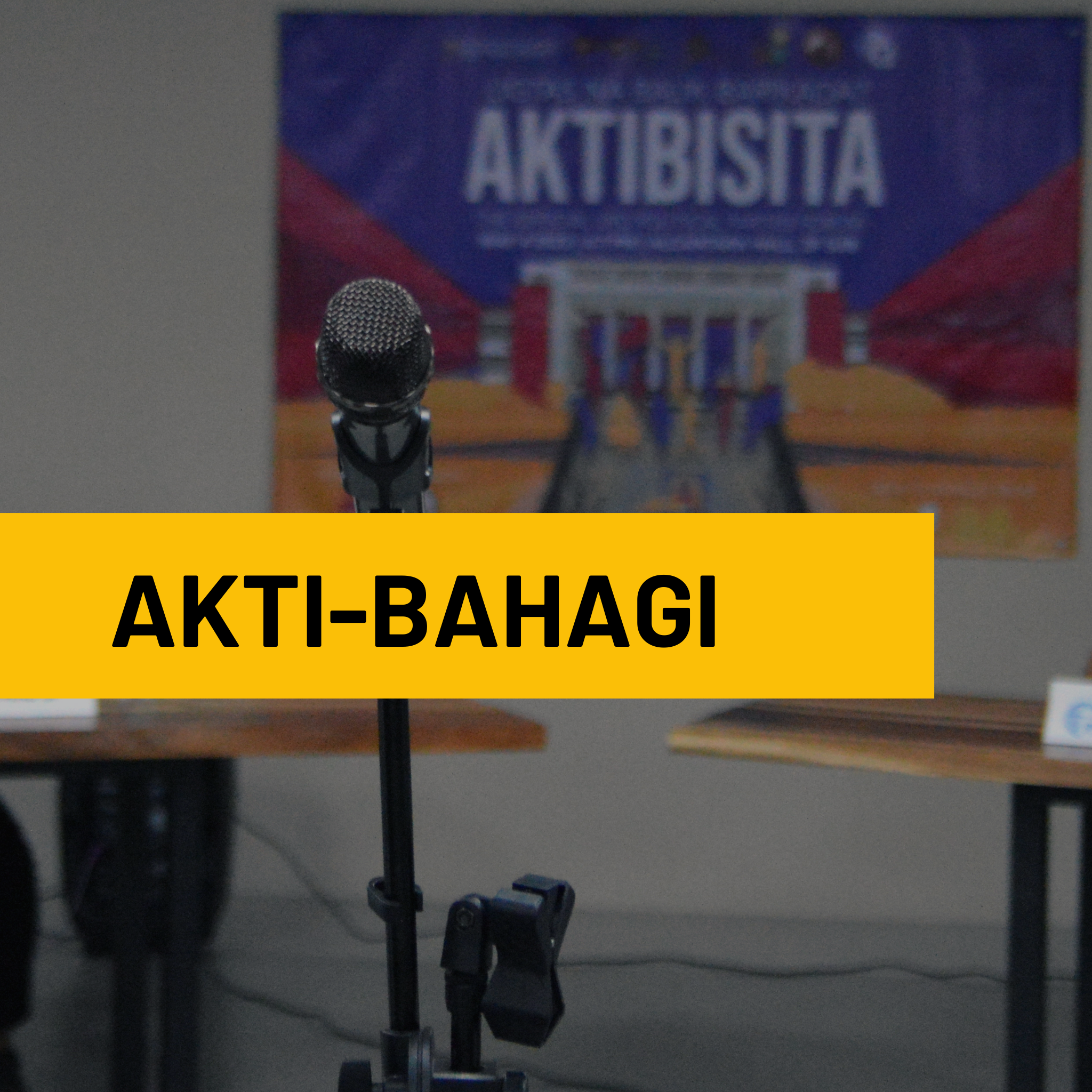

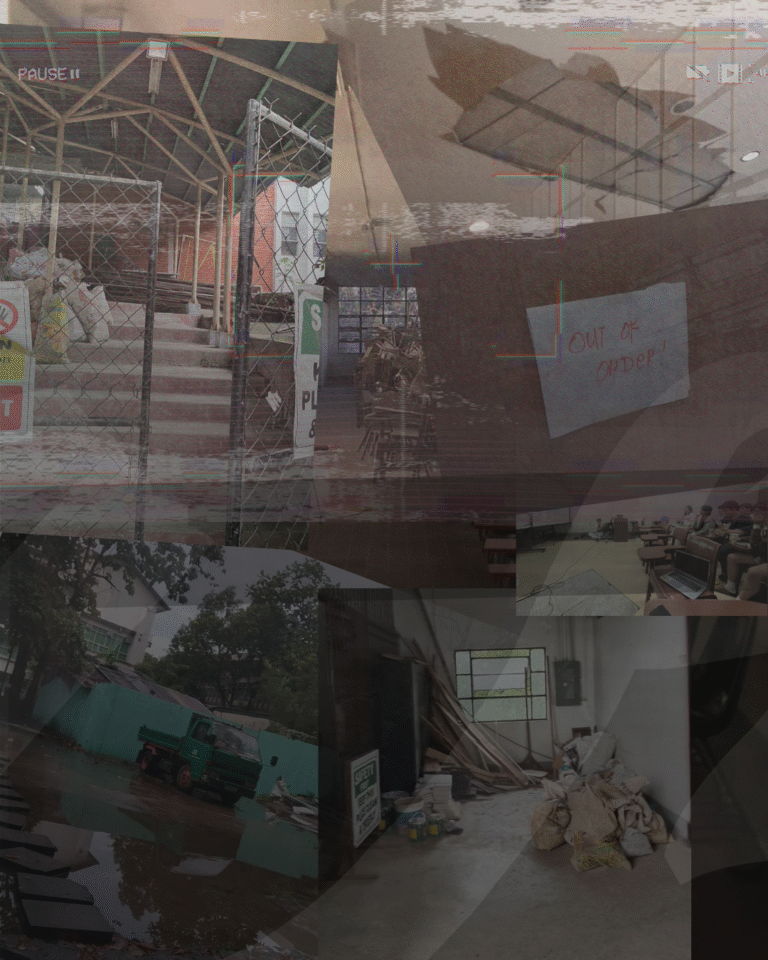
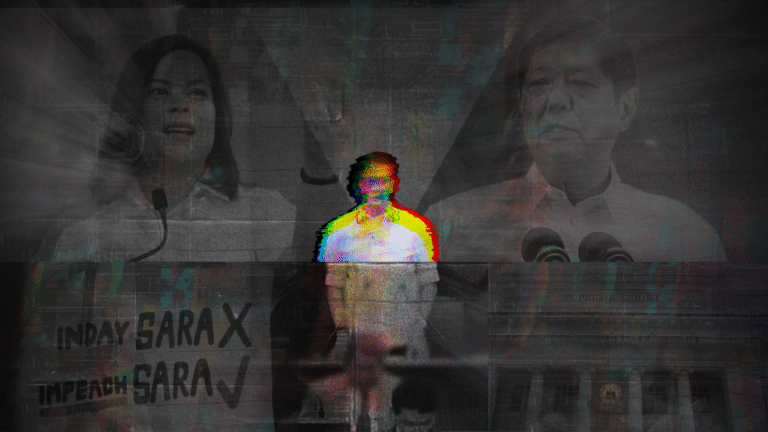

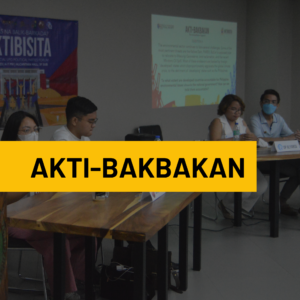
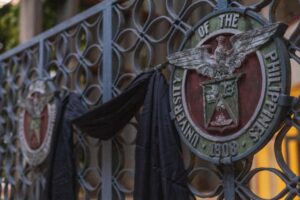
Well I definitely enjoyed studying it. This subject procured by you is very helpful for accurate planning.